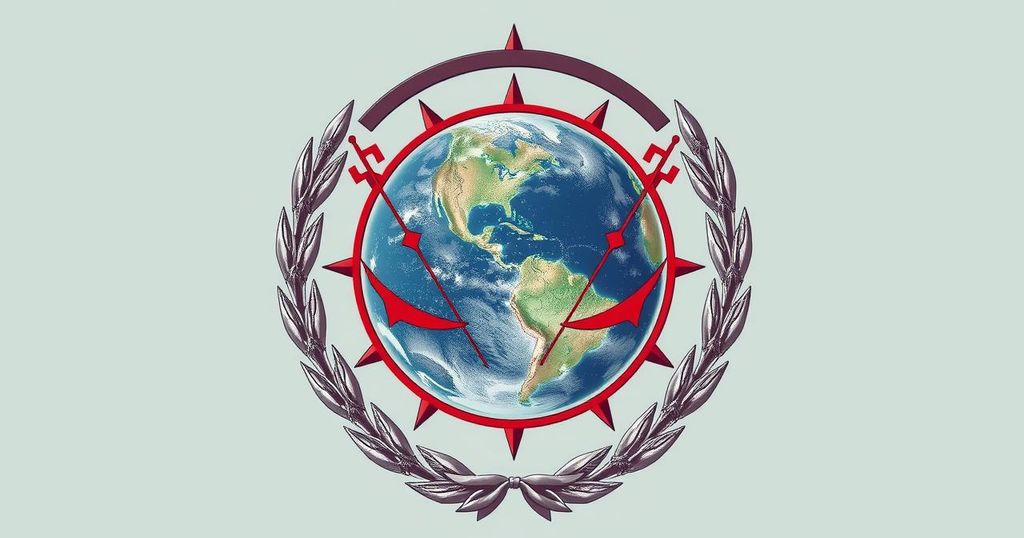Thailand’s Vice Foreign Minister Ras Chaleechan stated no foreign government requested to accept the detained Uyghurs before their repatriation to China. Opposition critics claimed other countries were willing to receive them as refugees, but Ras firmly rejected these assertions. The repatriation of 40 Uyghurs occurred amid international condemnation and concerns about their potential persecution in China. Ras emphasized the need for formal diplomatic requests for refugee resettlement, dismissing claims made by human rights advocates.
Thailand’s Vice Foreign Minister, Ras Chaleechan, has firmly stated that no foreign government has issued a formal request to accept the Uyghurs who were detained in Thailand for 11 years before their repatriation to China. This response follows criticism from opposition politicians and human rights activists, who alleged that other nations had expressed a desire to receive the Uyghurs as refugees but were ignored due to fears of upsetting China.
In his statement posted on Facebook, Ras emphasized that at no point had any country formally approached the Thai Foreign Ministry regarding the resettlement of the Uyghurs. He specifically rejected claims about a third country wanting to take in the remaining Uyghurs, asserting, “no such country exists.”
On Thursday, 40 Uyghurs were repatriated to China, leading to widespread condemnation from organizations such as the UNHCR and various western governments, including the United States and the United Kingdom. These bodies have voiced concerns about the potential persecution that the Uyghurs may face upon their return to China.
Ras mentioned that a request from a country, presumably Turkey, was made 11 years ago to accept a group of Uyghurs who had entered Thailand unlawfully. He reiterated that aside from the request from the Chinese government, no other formal appeals had been made to Thailand for the resettlement of the detained Uyghurs.
Furthermore, he highlighted that any discussions regarding the resettlement of Uyghurs must occur at a diplomatic level, necessitating formal requests through the Foreign Ministry or Thai embassies, rather than through NGOs or agencies like the UNHCR. This mechanism aims to maintain diplomatic integrity and cooperation.
Before the Uyghurs’ repatriation, Human Rights Watch criticized Thailand’s prolonged detention, advocating for their release to reunite with family members in Turkey. In his remarks, Ras acknowledged the hesitation of many countries to accept the Uyghurs due to diplomatic concerns, stating, “Several countries want to maintain good relations with China and do not want to be seen as its enemy.”
In summary, the situation concerning the repatriation of the Uyghurs remains a complex interplay of international diplomacy, human rights advocacy, and the geopolitical landscape, raising important questions about the treatment of refugees and the responsibilities of nations.
In conclusion, Vice Foreign Minister Ras Chaleechan’s statements underscore the Thai government’s stance on the repatriation of Uyghurs, highlighting the absence of formal requests from other countries for their resettlement. His firm denial of claims regarding the willingness of foreign nations to accept these refugees illustrates the delicate balance of international relations, particularly concerning China. The criticism from human rights organizations continues to raise ethical concerns about the treatment of the Uyghurs during their lengthy detention.
Original Source: www.nationthailand.com




